Trump suggests personally covering NASA astronauts’ overtime pay after discovering their low compensation for 9 months in space
Trump suggests personally covering NASA astronauts’ overtime pay after discovering their low compensation for 9 months in space
In a surprising turn of events, former President Donald Trump has offered to personally cover the overtime pay for NASA astronauts after learning about the low compensation for astronauts who spend extended periods in space. Trump’s comments came after he was made aware of the financial struggles faced by astronauts, particularly regarding their compensation during long-duration missions that can last up to nine months or more.
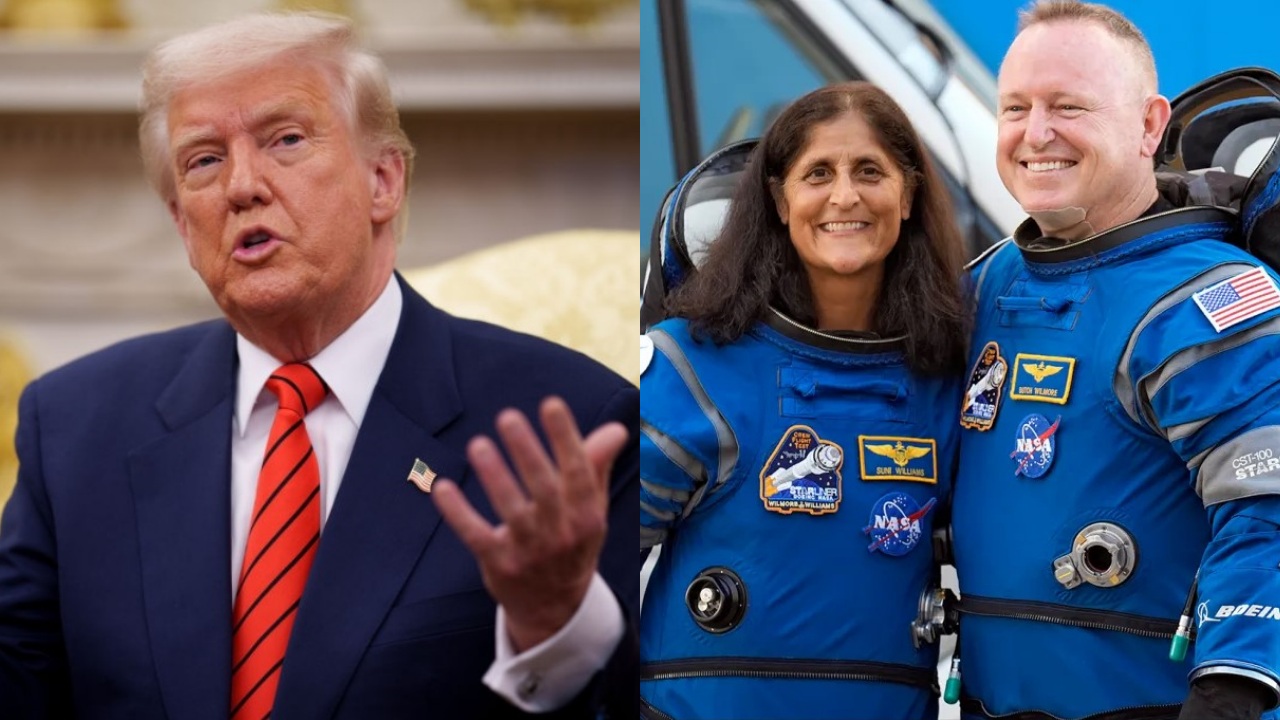
The revelation came during a meeting with NASA officials and aerospace industry leaders. Trump, who has been outspoken about his support for the American space program and its role in advancing U.S. leadership in space exploration, appeared shocked to learn that astronauts, many of whom spend months aboard the International Space Station (ISS), are not compensated for their extended time in space with overtime pay. According to sources, the conversation centered around the challenges astronauts face in balancing their intense workload with the personal sacrifices of spending long periods away from their families and loved ones.
Astronauts are often required to follow rigorous schedules, conducting experiments, performing maintenance on the ISS, and carrying out other essential duties that keep the space station operational. Despite the critical nature of their work, many astronauts are not paid extra for the extended hours they spend working while in space. Instead, their pay is typically calculated based on their base salary, which is comparable to other government employees’ salaries, regardless of the number of hours worked or the duration of the mission.
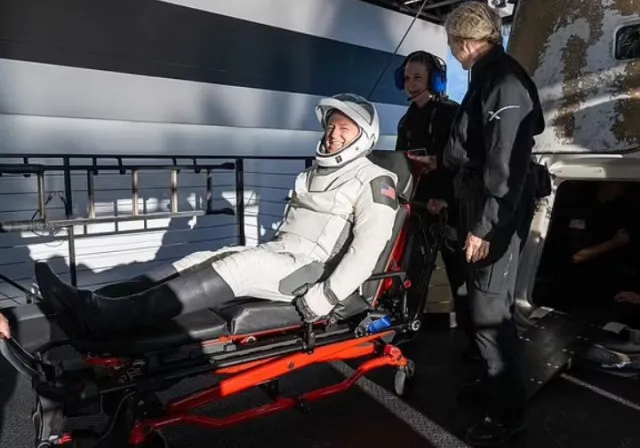
Trump’s reaction to this situation was one of surprise and concern. After being informed of the pay disparity, he immediately suggested that he would personally step in to cover the overtime expenses for astronauts working on long-term missions. The former president expressed disbelief that astronauts, who play such a vital role in advancing scientific research and representing the United States on the global stage, were not receiving additional compensation for the immense amount of time and energy they invest in their work.
While the offer was made in the spirit of generosity, it also shed light on the ongoing discussions about the funding and support for NASA and its astronauts. Many space industry professionals and advocates have long argued that astronauts should be better compensated for their time in space, considering the physical and mental toll that long-duration missions can take. The lack of overtime pay for astronauts is seen as a reflection of the broader issue of underfunding in the U.S. space program, despite the growing interest in commercial spaceflight and the increasing importance of space exploration to national security and global competitiveness.
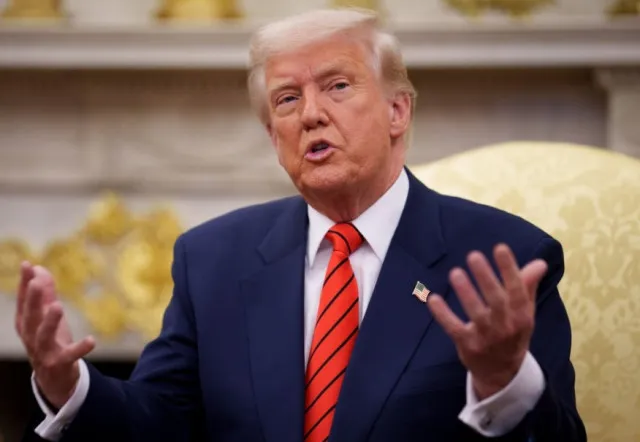
Critics of Trump’s suggestion have pointed out that while his offer may be well-intentioned, it does not address the systemic issue at hand. Rather than relying on a personal financial gesture from a private citizen, many believe that the U.S. government should take steps to ensure that astronauts are properly compensated for the time they spend away from home and the extraordinary risks they face in space. Some have called for policy changes that would provide fair compensation, including overtime pay, hazard pay, or other incentives for astronauts working on extended missions.
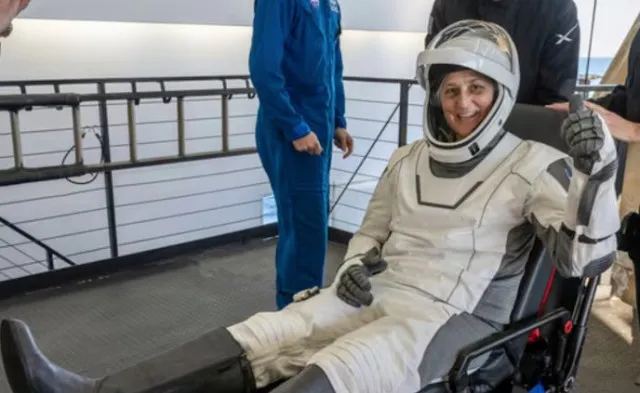
The conversation surrounding astronaut pay has garnered renewed attention in recent years as NASA prepares for future missions to the Moon, Mars, and beyond. With new plans for deep space exploration on the horizon, the role of astronauts will only grow in importance. As these missions become more ambitious and require longer durations in space, the issue of fair compensation will likely continue to be a point of debate within the space community.
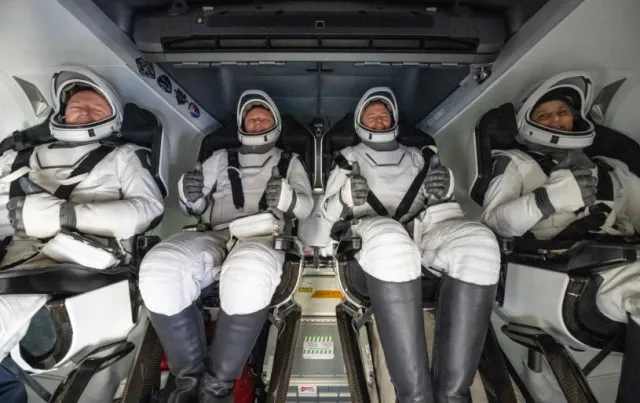
Trump’s suggestion, whether symbolic or sincere, highlights a growing awareness of the sacrifices made by astronauts and the need to ensure that they are compensated appropriately for their work. While the details of his offer remain unclear, it has sparked a broader conversation about how the U.S. government values its space pioneers and the ways in which their contributions to humanity’s exploration of space should be recognized and rewarded.





